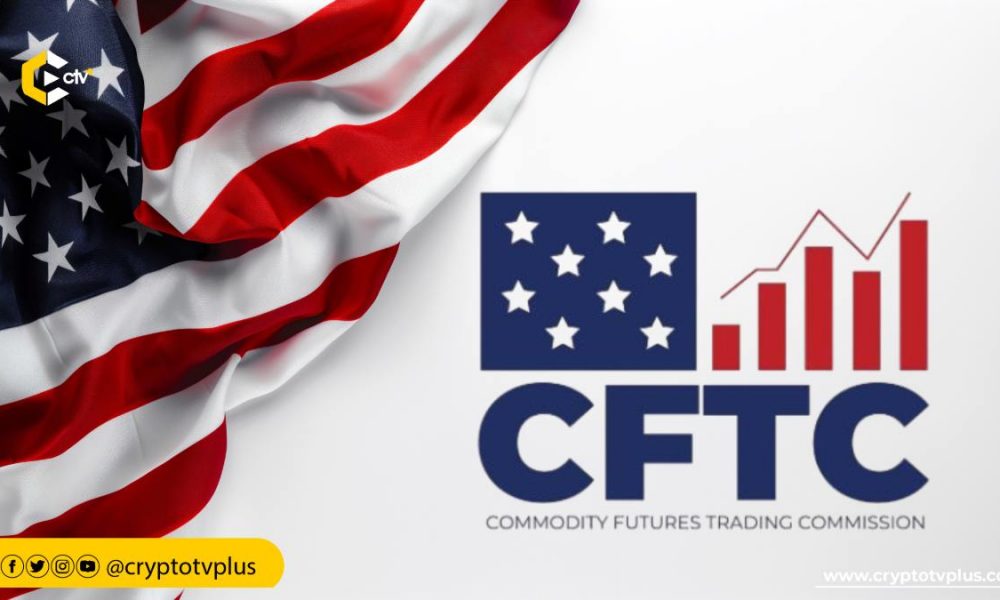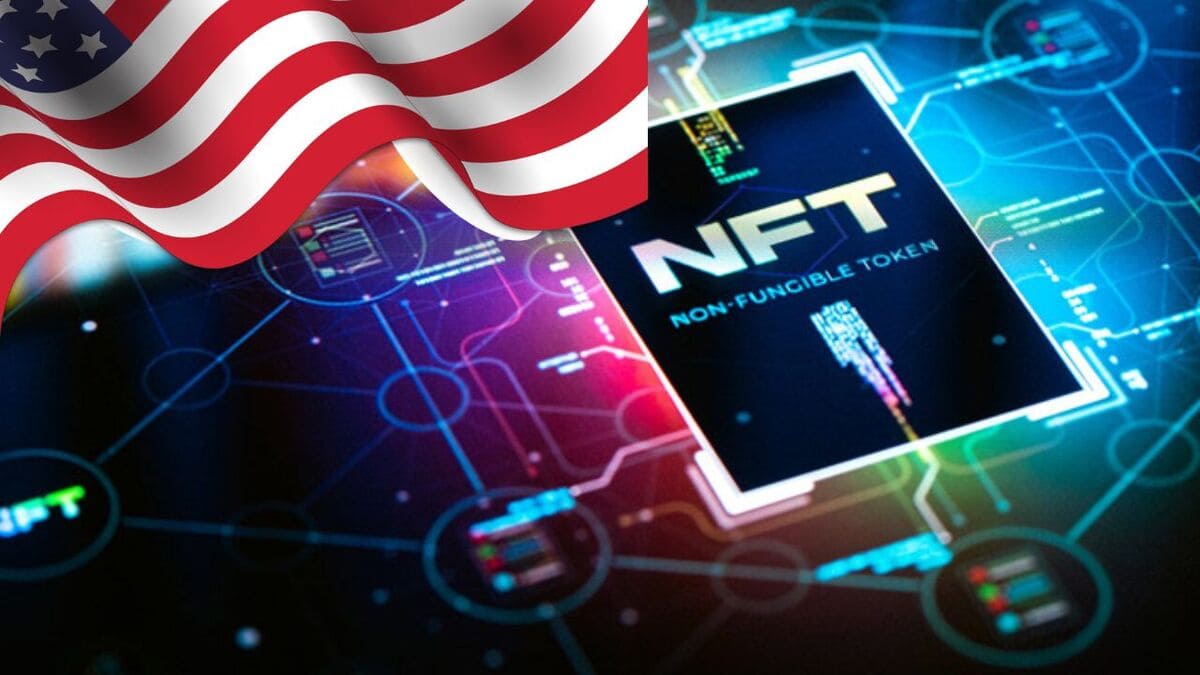




On November 23, 2024, the Commodity Futures Trading Commission (CFTC) endorsed the use of digital technologies, particularly blockchain, for managing collateral in trading [ca6d0cb6]. The CFTC's Global Markets Advisory Committee (GMAC) proposed utilizing distributed ledger technology (DLT) to enhance the efficiency and security of handling non-cash assets in financial transactions [ca6d0cb6]. Commissioner Caroline D. Pham emphasized the success of global initiatives, noting that over $1.5 trillion in transactions have been conducted using blockchain technology [ca6d0cb6].
This recommendation comes as the U.S. is making strides toward establishing clear regulations for digital assets while ensuring that existing collateral regulations remain intact [ca6d0cb6]. The GMAC's goal is to bolster the competitiveness of U.S. markets without sacrificing fairness or transparency in trading practices [ca6d0cb6].
In a related context, the world of real estate is also experiencing a significant transformation through the adoption of Non-Fungible Tokens (NFTs) [dce1f114]. NFTs, which have gained traction in the art and digital collectibles sectors, are now being integrated into real estate transactions, offering unique opportunities for ownership and investment [dce1f114]. This innovation allows for fractional ownership, enabling more investors to participate in the real estate market with smaller capital investments [dce1f114].
Blockchain technology is pivotal in the implementation of NFTs in real estate, providing a secure and decentralized platform for recording property ownership and facilitating transactions [dce1f114]. The potential for increased liquidity and transparency in real estate transactions is significant, as blockchain and smart contracts streamline processes and reduce costs [dce1f114].
However, the NFT market faces challenges, particularly regarding regulatory frameworks and the potential for overreach by agencies such as the SEC [c69f96fa]. The Digital Chamber recently urged Congress to exempt certain NFTs from SEC regulations, arguing that classifying them as consumer products rather than securities is essential for the industry's growth [c69f96fa]. This call comes amid concerns that regulatory actions could stifle innovation and drive the NFT market overseas [c69f96fa].
Additionally, a U.S. government study concluded that existing intellectual property laws are sufficient to address concerns related to NFTs, suggesting that specific legislation may be premature [0b897656]. Meanwhile, the U.S. Treasury Department has recommended that regulators consider new guidance to address financial risks associated with NFTs, highlighting their susceptibility to fraud and potential use in money laundering [13eb0f57].
As the landscape for digital assets continues to evolve, both the CFTC's endorsement of tokenized collateral and the ongoing developments in the NFT space reflect a broader trend towards embracing digital innovation in financial markets [ca6d0cb6][dce1f114].